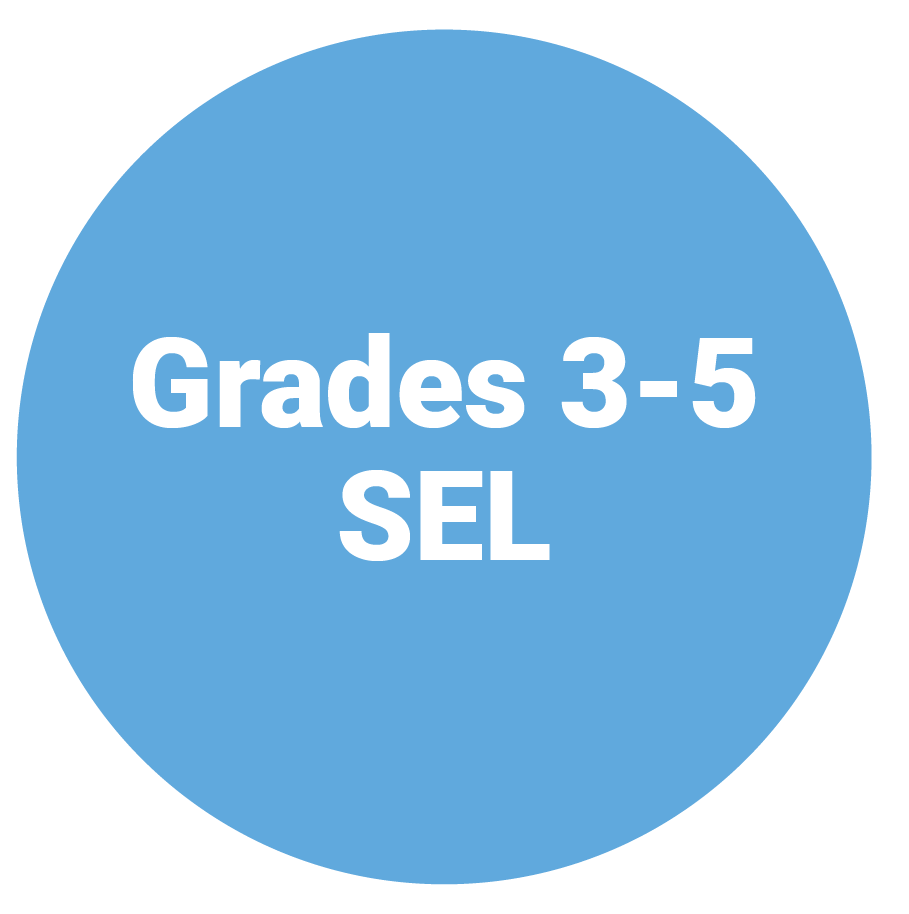Why This is Important
It is important to practice social and emotional learning strategies at home. Social and emotional learning gives your child skills on how to handle emotions during stress and any type of trauma. It builds a child’s self-awareness and teaches how to have a proactive outlook on life. It also encourages positive relationships with family members, teachers, and friends.
Quick Activity

Create a mantra or phrase with your child that he or she can use to help calm down. Examples include, I can do this; I am relaxed; Everything is going to be okay; I will get through this. Positive self-talk and naming positive feelings is one way to help de-stress.
More Activities and Games

Have your child cut out words and pictures from magazines, newspapers, and items from around the house that speak to his or her interests, dreams, and goals. Paste or tape the cut-outs on a board or piece of paper. Creating a vision board will help your child focus on what is most important to him or her when upset. Note: this can also be created virtually on a computer device by typing words and copying and pasting images onto a Word document.

Journaling is an effective way to reduce stress. If your child is stressed or upset, encourage him or her to pause and write down his or her thoughts for 20 minutes. Getting feelings out in the open can help relieve built-up pressure and allow your child to decide on his or her next steps. Note: journaling can also be done virtually on a computer device.

When your child is upset, encourage him or her to take a deep breath and reflect on things that he or she is grateful for in that moment. This shifts the amount of energy that is negative to positive. This activity is not meant to dismiss any unsettled feelings. Rather, it encourages your child to take a step back and put things into perspective and remember things that he or she is thankful for.

